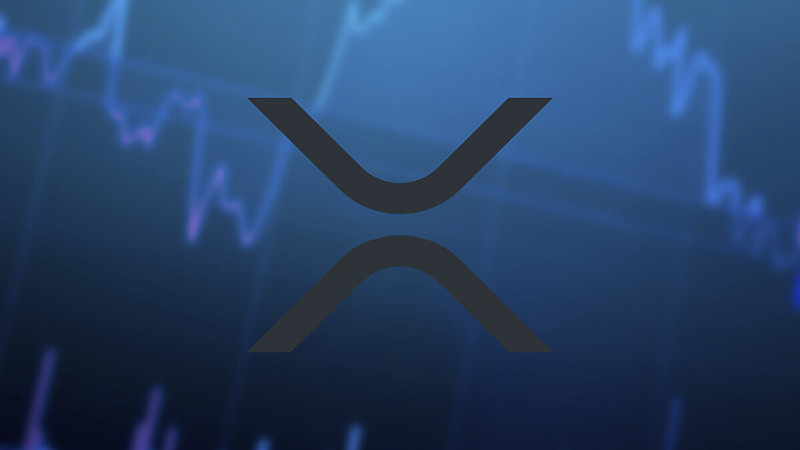Ripple President Urges Banks To Embrace DeFi Or Face Extinction

Monica Long, the president of Ripple, a leading blockchain company, recently delivered a powerful statement highlighting the future of decentralized finance (DeFi) and its transformative impact on the banking industry. During her speech at a previous Paris Blockchain Week event, she emphasized that DeFi has reached a tipping point in recent years. She said:
“The past couple of years have been a real tipping point for institutional DeFi, where even the biggest of banks are embracing this technology as the future, and they have to adapt or die.”
According to Long, even major banks must embrace this technology to avoid falling behind their competitors. Long’s remarks are not simply empty words; they are substantiated by concrete examples demonstrating how Ripple and its partners utilize DeFi to revolutionize cross-border payments and remittances.
For instance, SBI Remit, a subsidiary of the esteemed Japanese financial conglomerate SBI Holdings, announced today that it is expanding its operations in Asia by venturing into the markets of the Philippines, Vietnam, and Indonesia. This expansion is possible through SBI Ripple Asia—an impactful joint venture formed between SBI Remit and Ripple.
DeFi Can Benefit Other Financial Institutions
Monica Long, the President of Ripple, expressed a forward-thinking perspective on DeFi during Paris Blockchain Week. She emphasized that DeFi extends beyond the payment industry to encompass various aspects of the financial system. According to her remarks, DeFi has the potential to provide institutional investors with new opportunities.
These opportunities include access to liquidity pools, yield farming, lending and borrowing platforms, and synthetic assets. Moreover, Long highlighted how DeFi can enhance traditional financial institutions by improving efficiency, transparency, and resilience through the use of smart contracts, distributed ledger technology, and tokenization.
Notably, central banks such as those in France, Switzerland, and Singapore have announced plans to test DeFi in Forex markets. Despite its promising prospects for transformational change in finance, DeFi also presents challenges and risks that must be acknowledged. Regulatory uncertainty, security breaches, scalability issues, and user education are among these challenges.
In light of this awareness, Monica Long affirmed that further maturity and evolution of DeFi are necessary. To meet the needs and expectations of institutional users, Ripple remains committed. They collaborate with regulators, policymakers, and industry partners to foster innovation. While responsibly embracing and adopting decentralized finance practices.
Moreover, Ripple’s president underscored the significance of adaptation for banks, suggesting that they either adapt or face obsolescence. She also highlighted how Ripple utilizes DeFi technology to transform the payment sector while benefiting all financial institutions.








